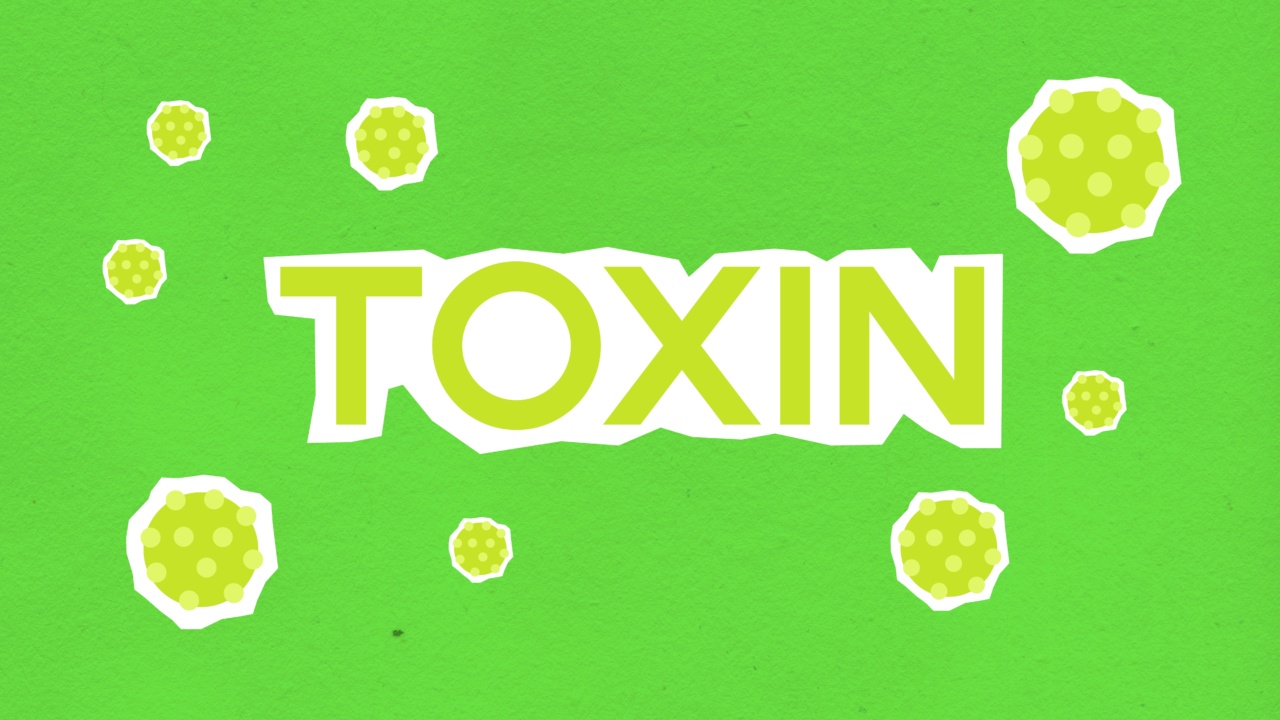Pregnancy is supposed to be a happy time where a woman anticipates the arrival of her new little bundle of joy. However, pregnancy can also be a time of concern and worry for some women.
Complications can arise and sometimes there could be severe consequences. Environmental toxins are one of the main culprits of complications during pregnancy.
What are Environmental Toxins?
Environmental toxins refer to chemicals that are found in our environment that can potentially cause harm to our health. These toxins can either be man-made or naturally occurring.
They can be found in the air we breathe, the foods we eat, and the products we use every day. They can include chemicals such as lead, mercury, pesticides, and phthalates.
How do Environmental Toxins Affect Pregnancy?
Environmental toxins have been linked to an increased risk of pregnancy complications such as miscarriage, stillbirth, premature birth, and birth defects.
Exposure to these toxins during pregnancy can also affect the baby’s growth and development both in the womb and after birth.
Lead
Lead is a toxic metal that is found in many products such as paint, pipes, and batteries.
Even low levels of lead exposure during pregnancy can increase the risk of complications such as premature birth, low birth weight, and learning and developmental problems in children.
Bisphenol A (BPA)
BPA is a chemical that is commonly found in plastics and canned foods. Exposure to BPA during pregnancy can lead to an increased risk of miscarriage, stillbirth, and preterm birth. It has also been linked to developmental problems in children.
Pesticides
Pesticides are chemicals that are used to kill insects and other pests. Pesticide exposure during pregnancy has been linked to an increased risk of miscarriage, stillbirth, and birth defects.
It has also been linked to neurobehavioral problems in children.
Mercury
Mercury is a toxic metal that is found in certain types of fish. Exposure to mercury during pregnancy can lead to an increased risk of developmental delays, intellectual disability, and cerebral palsy in children.
Pregnant women are advised to avoid certain types of fish that are high in mercury such as shark, swordfish, and king mackerel.
Phthalates
Phthalates are a group of chemicals that are commonly found in personal care products such as lotions, shampoos, and perfumes. Exposure to phthalates during pregnancy has been linked to an increased risk of preterm birth and birth defects.
It has also been linked to developmental problems in children.
Polychlorinated Biphenyls (PCBs)
PCBs are a group of chemicals that were once widely used in many products such as electrical equipment and plastics. Although they have been banned in many countries, they can still be found in the environment.
Exposure to PCBs during pregnancy has been linked to an increased risk of miscarriage, stillbirth, and developmental problems in children.
Radiation
Radiation is a form of energy that can be found in many different sources such as X-rays, nuclear power plants, and cell phone towers.
Exposure to radiation during pregnancy can lead to an increased risk of birth defects and developmental problems in children.
What Can You Do to Protect Yourself and Your Baby?
There are several things you can do to protect yourself and your baby from environmental toxins during pregnancy:.
- Avoid exposure to pesticides by choosing organic foods and avoiding bug sprays.
- Avoid certain types of fish that are high in mercury.
- Avoid products that contain BPA and phthalates.
- Avoid exposure to lead by avoiding old homes with lead paint and drinking water from old pipes.
- Avoid exposure to radiation by limiting your exposure to sources such as X-rays.
If you work in a job that exposes you to environmental toxins, talk to your doctor about ways to protect yourself and your baby.
Conclusion
The health of your baby is of utmost importance during pregnancy. Environmental toxins can have a profound effect on the health of your baby and should be avoided as much as possible.
Taking steps to reduce your exposure to these toxins can help to protect your baby’s health and ensure a healthy pregnancy.






























